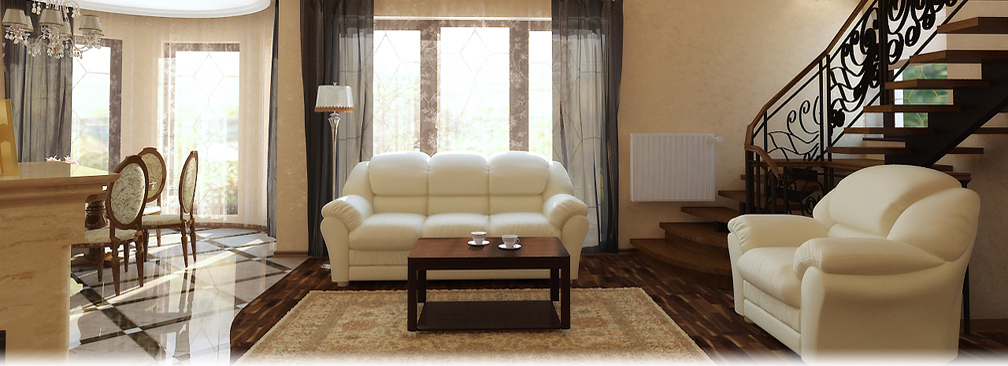


Property is any physical or intangible entity that is owned by a person or jointly by a group of people or a legal entity like a corporation. Depending on the nature of the property, an owner of property has the right to consume, sell, rent, mortgage, transfer, exchange or destroy it, or to exclude others from doing these things.
Important widely recognized types of property include real property (the combination of land and any improvements to or on the land), personal property (physical possessions belonging to a person), private property (property owned by legal persons or business entities), public property (state owned or publicly owned and available possessions) and intellectual property (exclusive rights over artistic creations, inventions, etc.), although the latter is not always as widely recognized or enforced. A title, or a right of ownership, establishes the relation between the property and other persons, assuring the owner the right to dispose of the property as the owner sees fit.
Property is usually thought of as being defined and protected by the local sovereignty. Ownership, however, does not necessarily equate with sovereignty. If ownership gave supreme authority, it would be sovereignty, not ownership. Some philosophers assert that property rights arise from social convention, while others find justifications for them in morality or natural law.
Property, in the first instance, is a thing-in-itself. When a person finds a thing and takes that thing into that person's possession and control, then that thing becomes a thing-for-you for that person. Once the person has that thing in that person's possession, that thing becomes that person's property by reason of Discovery and Conquest, and that person has the individual right to defend that property (property interest) against all others by reason of self-help. Typically, persons join together to form a Political State which has a formal Legal System which enforces and protects property rights so that the individual can go to Court to get protection and enforcement of that person's property rights, rather than having to use self-help. It is possible that when a person has constructive possession of personal property, but another person has actual possession, then the person having constructive possession has bare legal title, while the other person has actual possession. Generally, the ground and any buildings which are permanently attached are considered real property, while movable goods and intangibles such as a copyright are considered personal property. Also, property cannot be considered a reified concept, because in the first instance, property is very concrete as a physical thing-in-itself.
  
Current Listings
|
 |